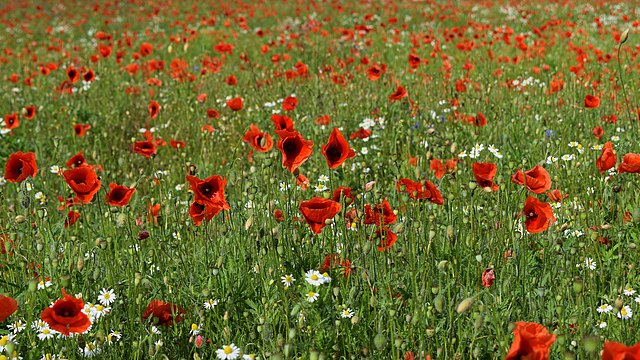
Warfare itself throughout the various conflicts that Britain has been involved with, the use of poetry has been at the front of describing the effects of these conflicts on both the people involved and those who were not. There are many various types of Poetry that was written within World War one itself. This web page will look at the various poems that were written at the time of the conflict by combatants that were involved within the fighting of the British Expeditionary Force as well as various other well-known publishers at the time of the conflict who had their own input onto how World War One had affected them and how they themselves had coped with the conflict itself.
Poetry within the early years of the War
At the beginning of the outbreak of the First World War itself many different genres of poetry was used to great understanding of what the conflict was being fought for. Various poets at the time of the outbreak of the war itself were very patriotic towards Britain’s intervention and declaration towards the conflict. Many poets such as the renowned Rupert Brookes poem The Soldier was a highly patriotic poem that had been used at the very opening years of the conflict itself. A section of poetry that had stood out was “Think of how the far-off land on which I die will have a small piece of England forever.” (Wilde, 2019 ) So what, this specific part of poetry that was written by Rupert Brooks indicates was the need to fight for and to die for one’s country is a great honour at the beginning of World War One. Patriotic poetry was highly published in order to motivate normal soldiers to take up arms against the various warring factions itself. Furthermore, poets such as Stanley S Young whose poem Boundless Love had various verses of poetry such as “Patriot soul that gives itself not asking laurel wreath or sordid pelf who fight because they answers duty’s call” (Leadingham, 2008) Showing how that it was an individual’s duty to signed up to be able to serve overseas in the defence of one’s own nation. Another key poem that had originated at the beginning of the First World War was For All We Have And Are written by Rudyard Kipling. Within this specific poem it was one that was used within the reason for the need for members of the general public to sign up to the British Expeditionary Force. Whilst breaking down this specific poem the first verse itself has a deep impact upon the reader heart. At the beginning of the poem itself it starts off “For all we have and are, For all our children’s fate, Stand up and take the war.” (Walter, 2004 ) So this writer has used this particular poem to hit into the hearts of ordinary men to sign up to defend their country against the threat of invasion and make them feel it is their duty to defend their home and loved ones.
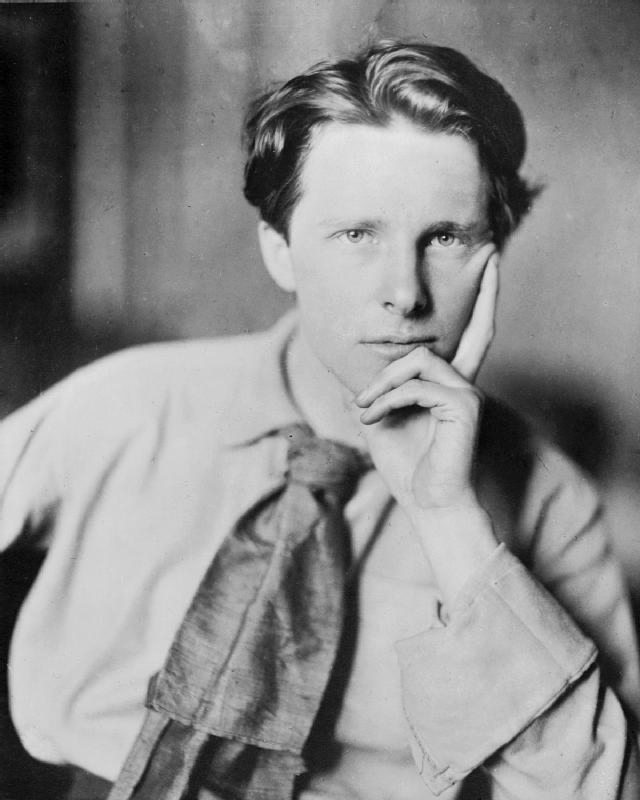
Poetry Written by Soldiers and Officers on the Western Front between 1914-16
Many officers and various soldiers alike had written their own experiences of this specific conflict that the British Army had taken part in. They describe the various horrors and experiences of this new age of mechanised and static warfare and how their experiences of warfare had changed many different writers’ opinions. The soldiers and officers alike had taken to writing about the carnage that they had experienced. Many such writers had emerged at the beginning of the war itself from the training all the way to trench warfare. One such emerging poem from the early days of training which was titled In Barracks by Siegfried Sassoon highlights the conditions of a military life within barracks and the sense of atmosphere of what it was like to be soldier. Various verses of this particular poem show for example “Washed clean with rain, Shines wet and wintry-grey and cold. Young Fusiliers, strong-legged and bold, March and wheel and march again.” (Walter, 2004) This gives the reader a sense of what a military barracks was like through the eyes of the poet. But as the war progressed into the early years of the conflict, there is a major change in the writing theme itself as the realities of war itself had set in due to the change of warfare that was never before seen in various conflicts before the First World War. As the war had progressed within the early years of the conflict it had soon seen the advancement of trench warfare on both sides and the conditions that were not expected as it was believed that the war was to be quite swift and would be over by Christmas. The true horrors of war were about to begin. Poems such as Bombed Last Night which had become a well-known poet song among British soldiers about life within the trenches and various verses of this specific poem has commented on how “Bombed Last Night, and bombed then night before, Going to get bombed tonight” (Walter, 2004 ) which later included “When we’re gassed, we’re sick as we can be, For Phosgene and Mustard Gas is much too much for me.” (Walter, 2004 ) this can show how various poetry was used by soldiers at the frontline to express a sense of dark sense of humour to this.
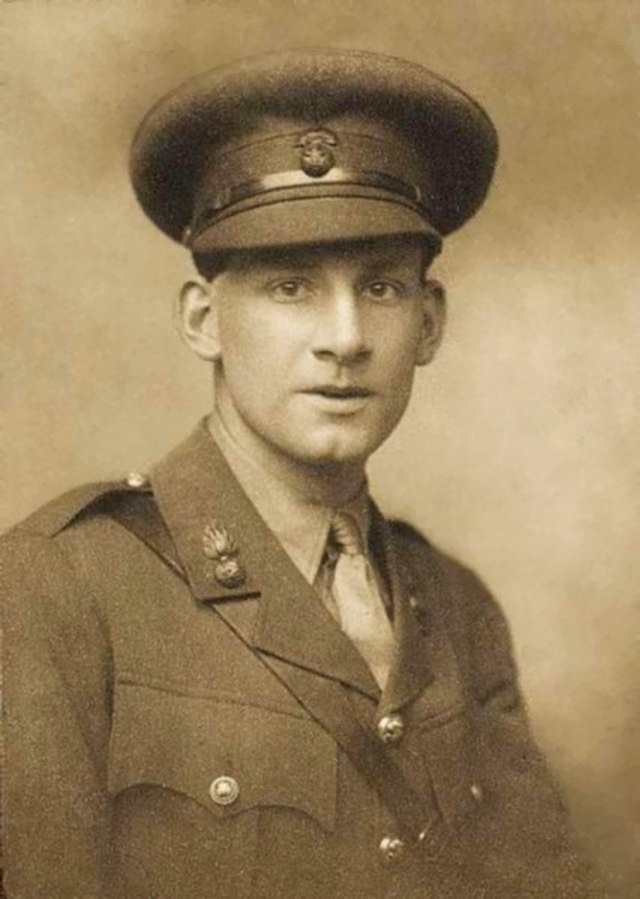
Poetry within 1916-1918 Pt1
As the war further progressed, poetry had seen a major turn from the various poetry that was written within the early stages of the First World War itself. It had seen a more drastic change within the writing as it had previously done at the opening of the conflict. As the war had turned into a much more of a horrific experience among solider and officer alike. Officers on the Western Front such as Second Lieutenant Wilfred Owen who had served within the Manchester Regiment had taken to writing about the conditions that were experienced by the British Expeditionary Force within the Western Front. One of his most well-known poems written at the time was Dulce et Decorum Est which translates as (It is sweet and fitting to die for one’s country) within this horrific poetry it symbolised the sheer brutality of the warfare that was being conducted within the First World War. Various verses of this particular poem shows in depth how the war was being conducted. For example, the beginning of the poem itself has “Bent double, like old beggars under sacks, Knock-kneed, coughing like hags, we cursed through sludge,” (Owen, 1920) This verse shows how the conditions of the fighting was taking it’s toll on the troops on the frontline as conditions worsened and how gas attacks had a devastating impact on the British Forces within trench warfare itself. It also describes the horror of a soldier dying from the use of chlorine gas as written in the fourth section of the Poem reads “His hanging face, like a devil’s sick of sin, If you could hear, at every jolt, the blood Come gargling from the froth-corrupted lungs, Obscene as cancer, bitter as the cud.” (Owen, 1920) This had the desired effect to what Wilfred Owen wanted to put across about how the brutality of how this new age of warfare was having on the description of the sheer brutality of the advancement of warfare.
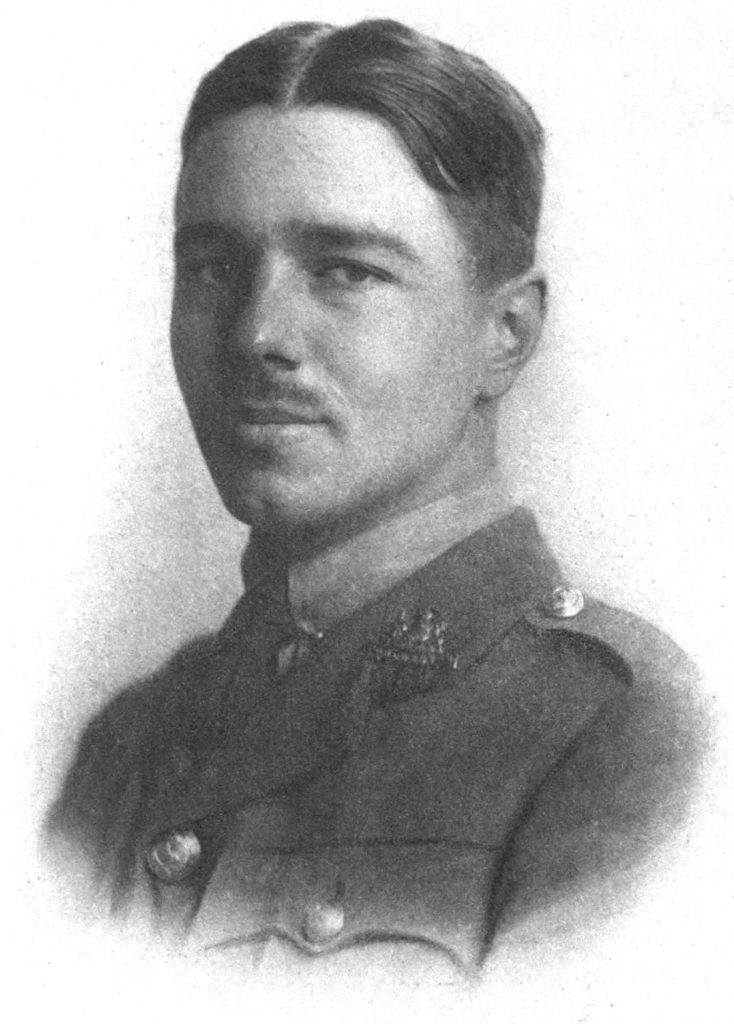
Poetry within 1916-1918 Pt 2
As the horrors of war itself has been shown through the latter years of the conflict one specific poem had stood out within the reality of war and that is Siegfried Sassoon’s the Rear Guard. This horror poem describes a soldier who was patrolling a recently captured trench from an enemy position and he is trying to get back to headquarters in order to report back but whilst getting lost in the various trench ways and tunnels he stumbles upon a soldier. “I’m looking for headquarters.’ No reply. ‘God blast your neck!’ (For days he’d had no sleep.) ‘Get up and guide me through this stinking place.’ Savage, he kicked a soft, unanswering heap, And flashed his beam across the livid face Terribly glaring up, whose eyes yet wore Agony dying hard of ten days before; (Sassoon, 1983) Roughly translated the soldier he has been talking to has already been killed in battle, but the soldier hasn’t realised until he kicks him. This has shown the true horror of trench warfare within the later years due to the amount of death within the trenches and those who cannot be recognised from the living or dead.
Poetry By Non-Combatants Within World War One Pt1
As well as military personnel expressing their own experiences on the First World War, the voice of non-combatants whilst this conflict was ragging throughout many parts of the world was being conducted by many people within the Home Front. Many of these writing, even to this day have been used within the remembrance of the conflict. Even though they were not involved in the fighting within this war. One of the most famous poems that was to come out of the First World War was My Boy Jack which was written by the renowned writer Rudyard Kipling. Within this specific poem he dedicates to the memory of his son Second Lieutenant John Kipling who was killed in action at the Battle of Loos in 1915 aged 18. This specific piece of poetry was written to show how those who had lost family within the conflict were able to express their loss at a relative over the fierce fighting. The poetry itself is very moving in the respect that it doesn’t glorify war at all but gives it a solemn perspective of remembrance of an individual who has fallen in battle. A key aspect of the poem allows this message about grief to come across to the reader. The third section of the poem ““Oh, dear, what comfort can I find?” None this tide, Nor any tide, except he did not shame his kind—not even with that wind blowing, and that tide.” (Kipling, 1940) This stance had shown how those on the home front had dealt with the loss of so many on the Western Front and why this particular poem had had an impact on those who had experienced loss and would later use this as a source of remembrance.
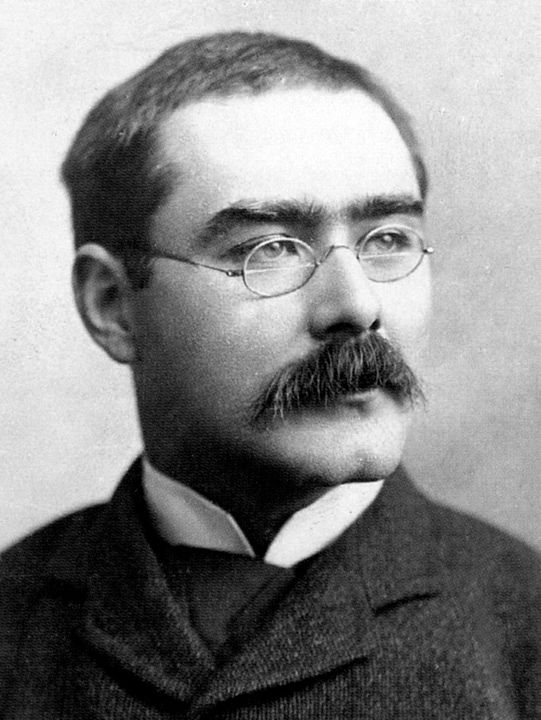
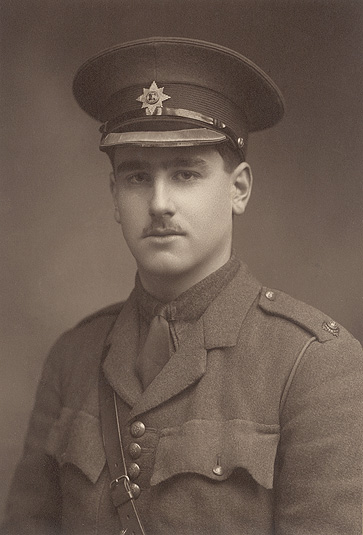
Poetry By Non-Combatants Within World War One Pt2
As well as well-known publishers at the time, many more non-combatants had taken to writing about the conflict such as Vera Brittian. Vera was a British women who joined the VAD (Voluntarily Aid Detachment) which provided medical assistance and care to British soldiers who had received battle wounds from the war. Having lost her brother Edward on the Italian front in 1918 and her fiancé dying of wounds in the Casualty Clearing Station at Louvencourt, France, having been shot through the stomach by a sniper while inspecting wire in the trenches at Hébuterne. She had chosen to write about her own experience and feelings within this conflict two of her most well-known poems were titled Perhaps and To My Brother one showing her own emotions towards her loss that she had experienced within the Great War. Various verses of this particular poem such as “Perhaps someday I shall not shrink in pain To see the passing of the dying year, And listen to Christmas songs again, Although You cannot hear.” (Ruzich, 2016 ) This shows her own heartache due to the mounting loss she had suffered and through her writing she has been able to express her feelings on how she had deeply missed her friend’s, brother and fiancé who were all killed in action.
The second poem was dedicated to the memory of her brother Second Lieutenant Edward Britain who was killed at the Battle of Paive River located within Northern Italy in 1918. Within this poem she highlights about how the loss of her brother has “scars upon my heart”(Brittain1970) and further highlighting his bravery at a previous battle namely The First Battle of the Somme two years before where he was shot in the arm and thigh and received the MC or Military Cross “I see the symbol of your courage glow That Cross you won Two years ago.”(Brittain,1970)
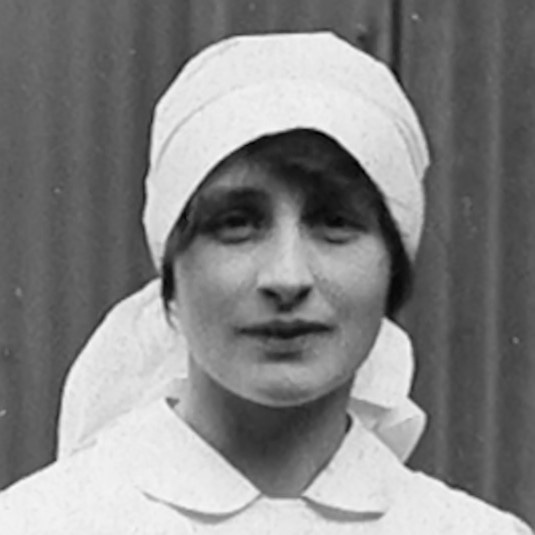
Vera_Brittain.jpg
Poetry Celebrating / Commemorating the First World War in its Aftermath
After the end of the conflict in 1918 and peace within Europe and the rest of the world, many poets had taken to the remembrance of the last Great War. Various poems to this day are being used to remember the war, with many poets at the end of the war turning their writing to the use of remembrance and commemorating the brave soldiers who sacrificed their lives for their country and for soldiers who fought and returned home .Many different poets such as John McCrae, Rupert Brooke and Leslie Coulson had a big input into the remembrance poems that were used by modern day analogies to understand the sacrifice that was ultimately given by people for their country. One of the key poems that to this day for me used to remember the fallen of World War One is that of Flanders Fields by John McCrae. This is probably the most well-known piece of poetry that is used within the remembrance of the First World War. The poem itself is very solemn in the remembrance of those who died within the conflict. The various verses that are used are heartfelt through the use of the language that is being used to describe the conflict “Between the crosses, row on row, That mark our place; and in the sky The larks, still bravely singing, fly Scarce heard amid the guns below.” (Prescott, 1985 ) The poet would later comment on the individuals and casualties of the conflict “We are the dead, short days ago, We lived, felt dawn, saw sunset glow, Loved and were loved, and now we lie, In Flanders fields.” (Prescott, 1985 ) This section is probably the most emotional bit of the poem as it gives a voice to those who had fell within World War One and it immortalises them as ordinary men who had laid down their lives for their country and would never see their homes or loved ones again.
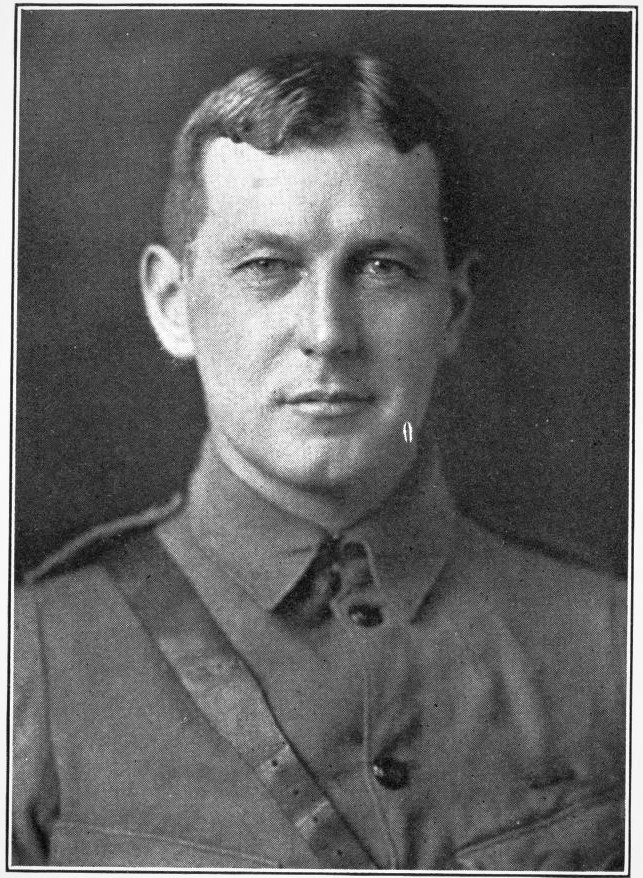
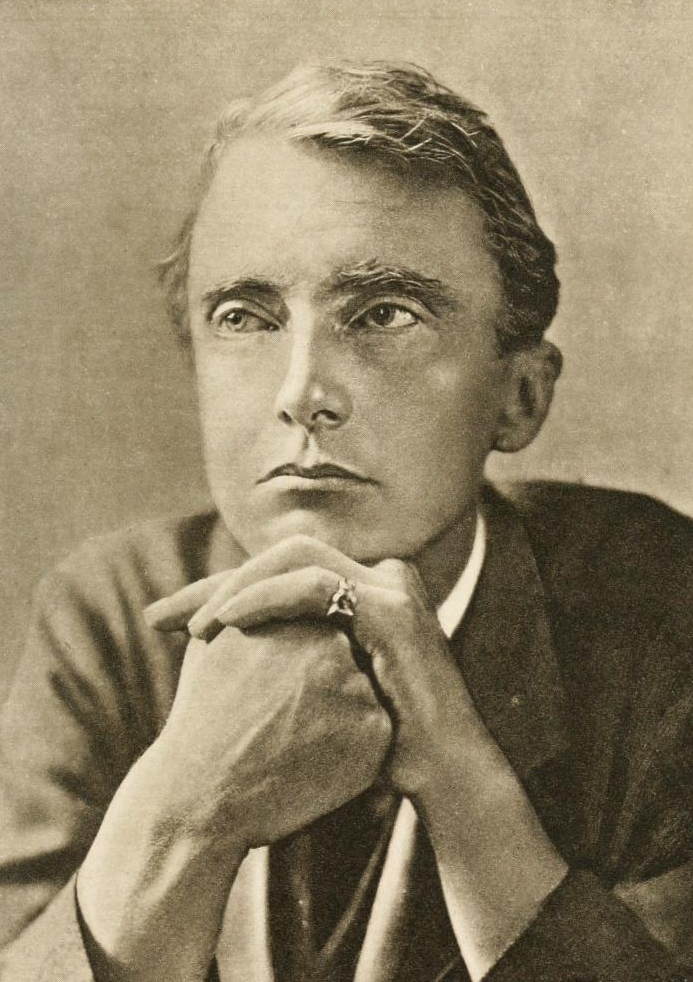
What Do Modern Academics Believe about World War One Poetry Within Modern Day ?
Literature written at the time has been analysed by various academics through the recent years. It show the poetry that is written during war and conflict even to this day whether through the eyes of British soldiers or non-combatants can stir strong feelings from those of patriotism to ones of loss. Many academics that have analysed and interpreted these specific poems agree, that the poems showed that the British Tommy had to face appalling conditions and treatment whilst fighting abroad within the First World War with the British Expeditionary Force. Many historians such as Tom Rank has identified various key poems that have been written during the First World War, for example in Flanders fields his commentary on this specific poem has said that it had symbolised the “poppies symbolising both blood shed of their red colour and sleep through their associations with opium” (Rank, 2008 )and further makes comments about McCrae’s poem about the “Guns drowns out the birdsong” (Rank, 2008 ) and how that this specific writing tone “ is reinforced by the choice of language” (Rank, 2008 ) showing how the choices made has had a major impact upon the poem and what it stands for.
As well as Tom Rank himself other members of the academic world have also dissected the various writings that have been written during the conflict. Such as Santanu Das who is a Professor at Oxford University and specialises within literature itself. The book Poetry of the First World War evaluates the various works to poets from within the First World War. He highlights the various poets from the early years of the conflict to the later years itself. Within the fourth chapter of this specific novel, it comments on the variations of poetry that was written by soldiers at the front and comments on the fact the at this time war poetry within the early years of type of poetry that was written as “ Motivated by fervent patriotic enthusiasm and in almost complete ignorance of what modern war would mean” (Santanu, 2013 ) Showing how early stages of war poetry was highly used to motivate individuals to fight within the conflict.
Conclusion
Overall, I hope that this particular web page has been helpful in how poetry has been used to describe the British Army’s conflict between 1914-1918 through the use of poetry. This project that I have undertaken has been very interesting. The war poets of over 100 years ago have had a great impact not only on the generation at the time but throughout the last century. They have left a memory of how war is really fought and the sacrifices that people give both as a combatant or non –combatant. It also can portray the feelings of these people at the start, during and aftermath of war.
Bibliography
Brittain, V., 1970 . To My Brother. [Online]
Available at: http://ww1lit.nsms.ox.ac.uk/ww1lit/collections/item/2840
[Accessed 9 January 2022].
Kipling, R., 1940. My Boy Jack . In: Double Day, ed. Rudyard Kipling’s Verse. New York: Garden City, p. 216 .
Leadingham, N. R. C., 2008. Propaganda and Poetry during the Great War.. [Online]
Available at: https://dc.etsu.edu/cgi/viewcontent.cgi?article=3318&context=etd
[Accessed 8 August 2008 ].
Owen, W., 1920. Dulce Et Decorum Est. In: T. Athenaum, ed. Poems. London: Chatto &Windus, p. 15.
Prescott, J. F., 1985 . In Flanders Fields: The Story of John McCrae. Ontario : Boston Mills Press .
Rank, T., 2008 . Into Battle . In: Poetry Of The First World War . Harlow : Libraire Du Liban Publishers , p. 21.
Ruzich, C., 2016 . Behind Their Lines. [Online]
Available at: https://behindtheirlines.blogspot.com/2015/12/perhaps.html
[Accessed 22 December 2016 ].
Santanu, D., 2013 . Early Poets of the First World War. In: The Cambridge Companion to the Poetry of the First World War. Cambridge : Cambridge University Press , pp. 69-80 .
Sassoon, S., 1983. The Rear Guard. In: the War poems. London: Faber &Faber, pp. 75-76.
Walter, G., 2004 . Your Country Needs You . In: In Flanders Fields . London : Penguin books , p. 13 .
Walter, G., 2004. Bombed Last Night . In: In Flanders Fields Poetry Of the First World War. London: Penguin Books, p. 49.
Walter, G., 2004. In barracks. In: in flanders fields. London: Penguin Publishing, p. 37.
Wilde, R., 2019 . The Soldier by Rupert Brooke. [Online]
Available at: https://www.thoughtco.com/the-soldier-by-rupert-brooke-1221215
[Accessed 10 September 2019 ].

